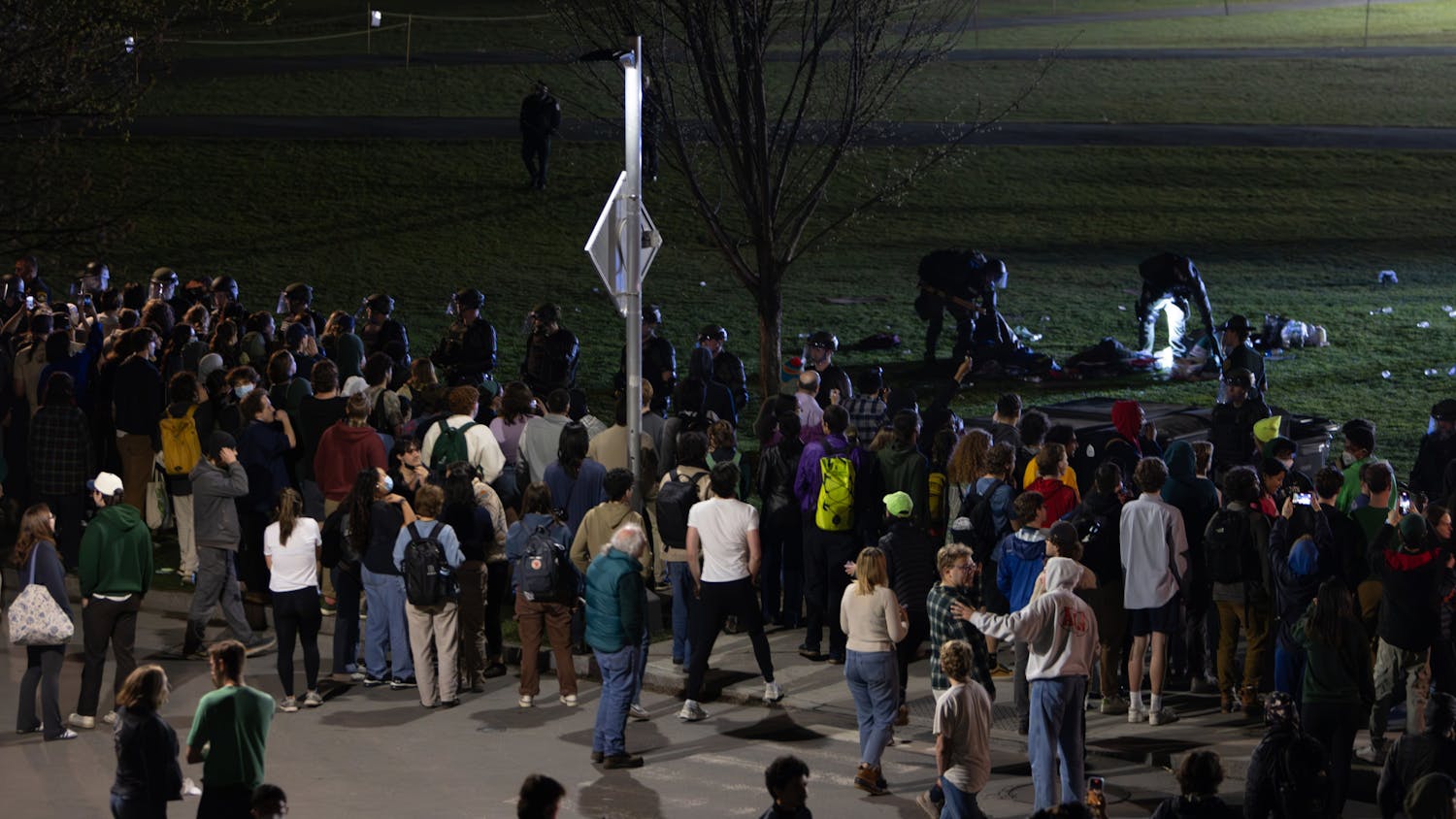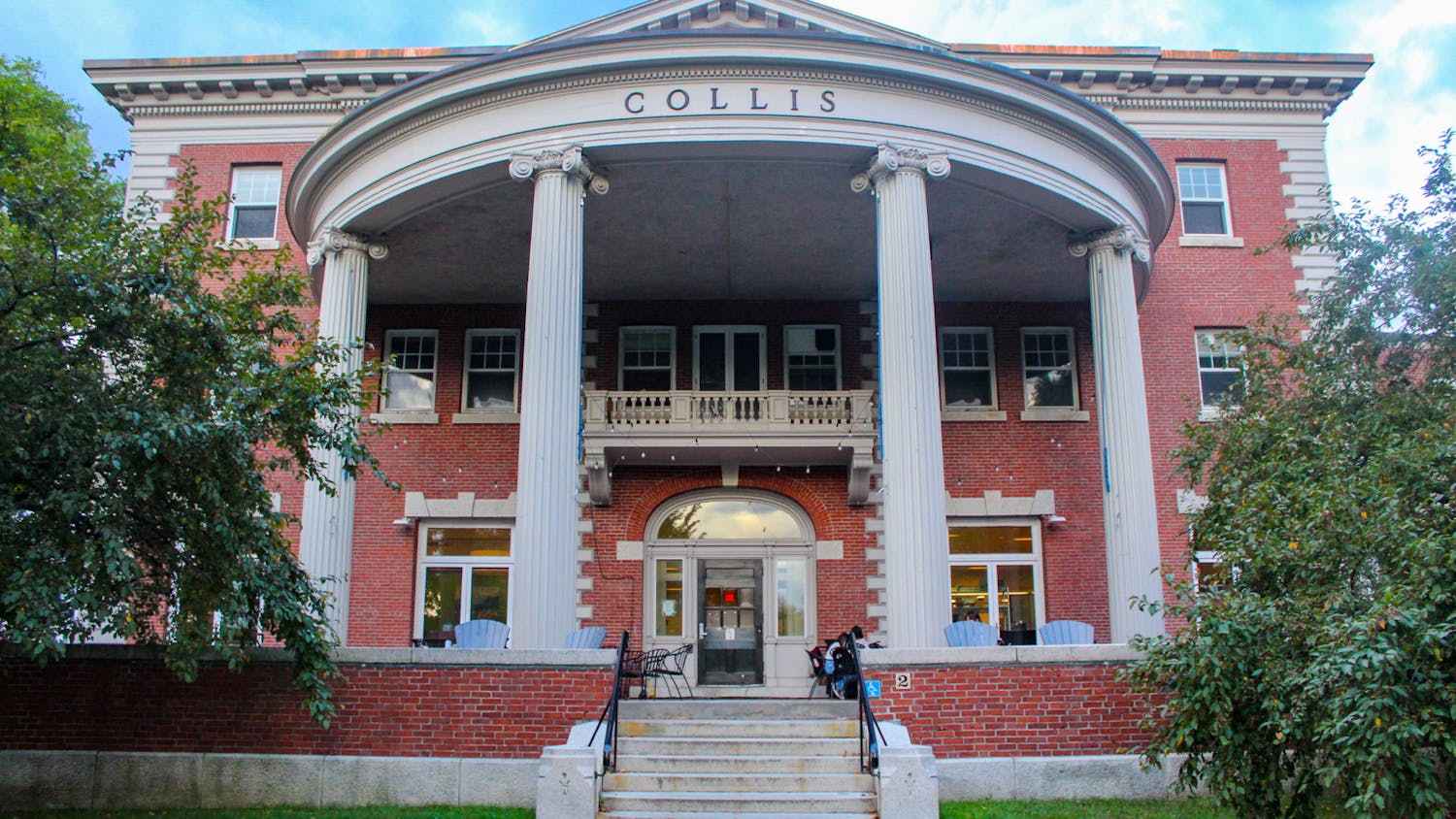As part of the new Economics 70 “Immersion Experience in Applied Economics and Policy” course offered in the fall, students traveled to Poland and Peru over interim, complementing and expanding on the economic theory they learned in class.
Economics professor Diego Comin, led a group of students to Peru focused on fostering sustainable growth in the Peruvian economy. The Poland group, led by economics professor Elisabeth Curtis, looked at the country’s economic transition away from Soviet-era communism and central planning. Students worked on projects in small groups over the term, which involved research in the fall and culminated in two weeks of travel over winter break.
The two sections of the course, however, differed both conceptually and structurally.
Comin said that for his class he used a model of experiential learning where students were assigned research and consulting projects that ultimately helped local people in the region. By working intensively on these assigned projects, students got a unique window into the broad theme of economic growth, he said.
Students in the Peru class were assigned to five group. One worked with an engineering company, one with a agricultural engineering company, two with an ecotourism organization and one focused on the labor market in Peru.
Sarah Han ’17 said she decided to apply for the class because of this project-centered class structure. Her group of four partnered with the engineering company Graña y Montero to improve their training division, called “The Academy.”
Over the summer and fall, the group researched corporate models and consulted with the directors of the Academy. While in Lima, they interviewed stakeholders and developed 14 different recommendations they presented to the Academy’s staff, she said. Recommendations ranged from creating a defined mission statement to developing a system of certification to mark an employee’s progress within the company.
Comin said that the projects provided a tangible anchor to the economic theory they discussed in class.
“When we were discussing these abstract issues, they would always try to make them concrete by relating them to the projects and to the company they were studying,” he said.
Comin also noted that students gained concrete knowledge of Peruvian economics and issues.
“They got a lot in terms of knowledge, but also in terms of life roles,” he said. “They became, for several months, consultants, experts in agricultural technologies. They became experts in social tourism.”
Curtis said she wanted to empower her students to be able to do research both independently and with a support group. She said she chose to take students to Poland because she has expertise on the economies of former Soviet Union countries. Additionally, Poland’s markets have developed the quickest and most successfully in the region, she said.
She said she allowed students to pick their own research project based on their interests, unlike Comin’s class. Their work culminated in a research paper that included interviews with people they met in Poland and a presentation at the Krakow University of Economics.
In the fall, students studied how centrally planned economies operate as well as a bit of Polish culture, language and history, Curtis said. By the middle of the term, students had chosen their project topics. The groups decided to study healthcare, entrepreneurship, the role of women, the housing market and capital market development in Poland over the past 25 years, she said.
In Poland, the groups were expected to interview people related to their topics.
Michael Dettmer ’16, who was in the group that studied capital markets, said it was valuable meeting important leaders of the Polish economy in person. His group talked to people from the National Bank of Poland and the Warsaw Stock Exchange, as well as the founder of the largest investment bank and largest law firm in Poland, he said. He added that the students were also able to sightsee and explore Poland on their own to get a sense of the country’s culture.
Curtis said that she thinks that the students gained valuable experience doing independent research with a support group.
“In this particular course, I really wanted students to feel like they were capable of doing a lot on their own,” Curtis said.
Curtis said that during her time teaching at Dartmouth, students have regularly asked her about economics study abroad programs. While the economics department has connected programs such as the Bocconi University exchange program, the department does not have a lot of their own programs.
Han said she “jumped at the chance” to apply for the class last spring because she had always wanted to study abroad through the economics department.
Both Comin and Curtis said the application process was “competitive.”
Curtis said that these trips are funded independently from the economic department’s regular budget, but there is funding for two sections of the class next fall.
Curtis added that she thought this particular program was successful and there is a good chance she will lead the course again and return to Poland.
“There are people in Poland who would love to see us again and I’d really like to work with,” Curtis said.
Comin, however, said it is likely he will change the program location next year.
“The important thing about these experiential courses is that they have pertinence in a particular place in a moment of time,” he said. “And once time changes, the experiences change too.”
Han said the most rewarding part of the class was being able to come up with solutions in Hanover and then meet the people who would be impacted by their ideas.
“I think it’s really rare to have a class where everything you’re working on in class can have a real life impact,” she said.
Comin said that experiential learning courses such as this course are a great way for students to become prepared for life after they graduate.
“I think we can create experiences for our students that have a very deep academic component as well as one that allows them to change the world,” Comin said.



